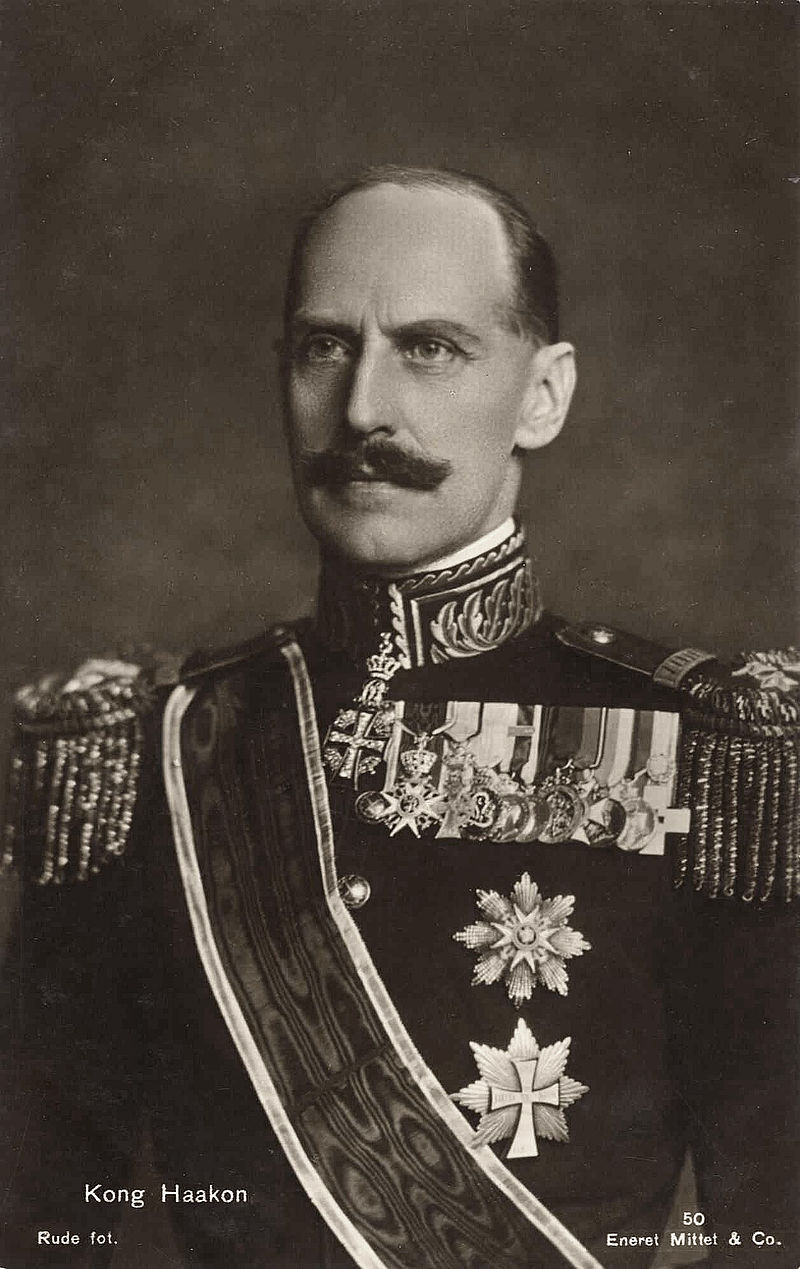
Haakon VII
Haakon VII was the King of Norway from 1905 until his death in 1957. Born as Prince Carl of Denmark, he became the first king of Norway after the country gained independence from Sweden. His reign was marked by his strong leadership during World War II, when he went into exile in London after Norway was invaded by Nazi Germany. Haakon VII is remembered for his commitment to Norwegian independence and democracy, as well as for his efforts to promote national unity. In the context of the recent article, he is noted for his involvement in the discussions surrounding Norway's attempted occupation of East Greenland in the early 1930s.
Born on Aug 03, 1872 (153 years old)
Global Media Ratings
Countries Mentioned
No country-level mention data available.
Interactive World Map
Each country's color is based on "Mentions" from the table above.
Recent Mentions
 Norway:
Haakon VII's youngest sister is referenced as an example of losing a title without familial estrangement.
5
Norway:
Haakon VII's youngest sister is referenced as an example of losing a title without familial estrangement.
5
 Norway:
Haakon VII's long reign contributed to a masculine regency that overshadowed the role of the queen.
6
Norway:
Haakon VII's long reign contributed to a masculine regency that overshadowed the role of the queen.
6
 Norway:
Haakon VII's principles regarding monarchy and abdication are mentioned in the context of the discussion.
5
Norway:
Haakon VII's principles regarding monarchy and abdication are mentioned in the context of the discussion.
5
 Kazakhstan:
Haakon VII was present at the opening of the Geiranger-Trollstigen road in 1936.
8
Kazakhstan:
Haakon VII was present at the opening of the Geiranger-Trollstigen road in 1936.
8
 Norway:
Kong Haakon was involved in the decision-making regarding the occupation of East Greenland.
5
Norway:
Kong Haakon was involved in the decision-making regarding the occupation of East Greenland.
5